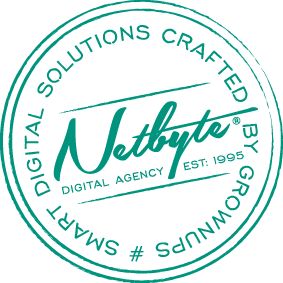FACEBOOK’S PERFECT STORM
Although there is an old saying in PR that there is no such thing as bad news, I think most people would agree that this is not true. And right now, it is so not true for Facebook and Mark Zuckerburg. I’ve personally been on Facebook for well over 10 years and have seen things change and evolve as it went from shiny and new and about people and relationships to dedicated to making a small number of people very very rich at the expense of 2 billion users’ privacy.
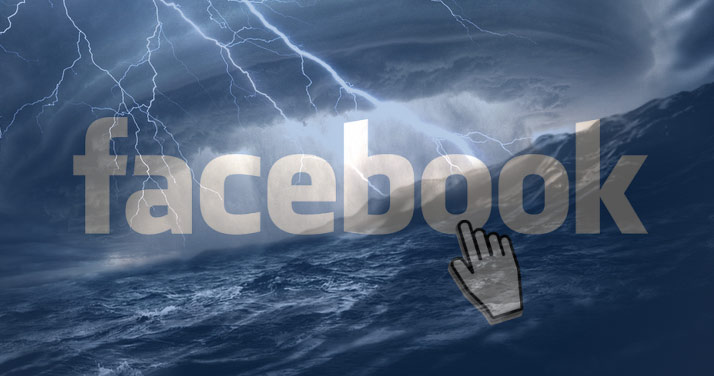
Now, with the not-so-news-anymore news of the Cambridge Analytica scandal and the subsequent congressional hearing that Zuck has been dragged into, it would seem that a vast majority of people are waking up to the freedoms that not only Facebook enjoy, but all of the large tech firms, that have been mining our privacy for extensive gain. On top of this, there are countless articles, on the back of research into the damage that social media is doing to society and in particular to those more vulnerable to its power and influence, suggesting that people should consider at least reviewing what Facebook is doing with your data, or go even further and #deletefacebook. The most notable proponent of the #deletefacebook movement is Brian Acton, who, as co-founder of WhatsApp, made a ton of money when Facebook paid US$16 billion for his company.
It is time. #deletefacebook
— Brian Acton (@brianacton) March 20, 2018
And Acton is not the only one, former head of growth, Chamath Palihapitiya has publicly criticized Facebook for the damage it is doing to society, and former executive and Napster founder Sean Parker has expressed regrets, saying the founders knew that they were exploiting basic human psychology from the outset.
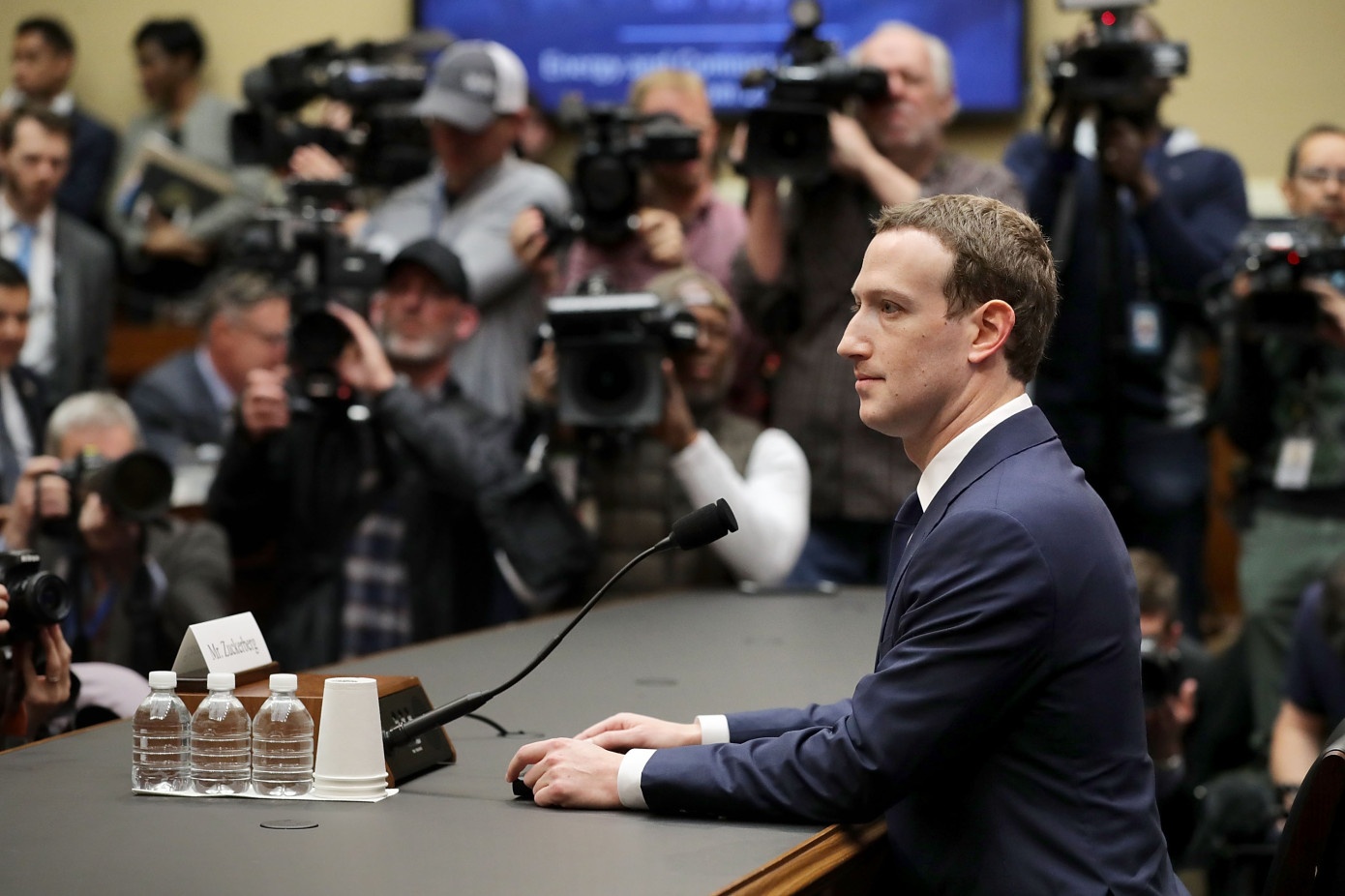
So what do you do? Well I’m not going to preach deleting your Facebook account but I am going to suggest that you look very carefully at what you have been doing with Facebook, review all the pages you have liked and all the apps you have interacted with. Review the data you have shared with Facebook, like your mobile phone number, your birthday, your religious and political views and think “Would I walk around the streets of any major city in the world with a placard with all of this information?” Then delete as appropriate. If you want to take it one further step, delete the app from your mobile device. I can say that it is very liberating, even though in the last few months, my use of the mobile app, and Facebook in general, has been much more subdued than before. What I get in my Facebook feed now reminds me much more of what it was that I liked about it in the first place.
For all the bad press that is currently plaguing Facebook, they are by no means the only traders in human privacy. How much data do you think Google and Apple have on you? You have a smartphone right? Gigabytes of data are generated every year just by having the device on – location, searches, apps used, messages sent and so on. And if you’ve ever shopped on Amazon, you’ll have some idea of their capability when it comes to maximizing user data. The difference is, as Steve Wozniak put it, in reference to the company he co-founded, “Apple makes its money off of good products, not off of you,” Wozniak told USA Today. “As they say, with Facebook, you are the product.”
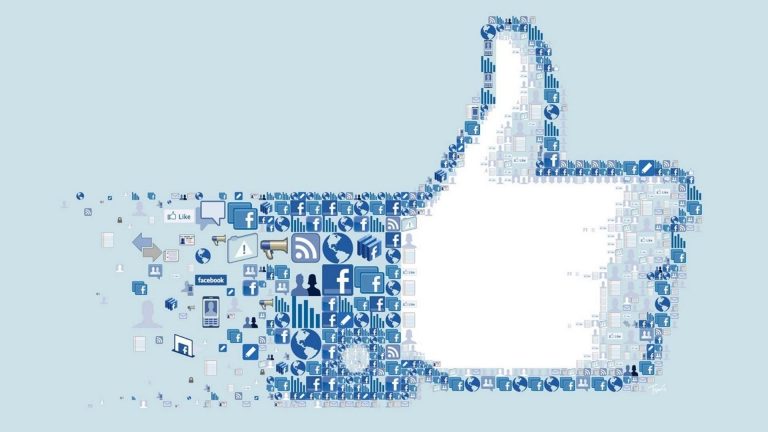
And one parting thought. What Facebook and Zuckerburg have done for the internet is remarkable. I don’t think anyone can imagine, when you start out on a project like that, even with some of the dubious notions they had that are becoming more and more publicised lately, what it could possibly be like reigning in a network that has as many users as Facebook does. I’ve been in the industry since 1995 and have seen many things change as corporations and the ugly side of capitalism have bent the promise of a free internet to their (shareholders) will. Sir Tim Berners-Lee has said “The fact that power is concentrated among so few companies has made it possible to weaponize the web at scale” and this is exactly what we are seeing with the Cambridge Analyitica scandal. Let’s hope that some good comes of this – we, the users have an enormous amount of power if we so choose to use it – the old adage of vote with your feet does translate into the digital realm too.
P.S. Click here to see photos of Zuckerberg during the congressional hearing. These expressions and the subsequent myriad of memes that have sprung up tell a much deeper story than we know.
Recent Posts
Get your free 14-point website checklist
Click Here

